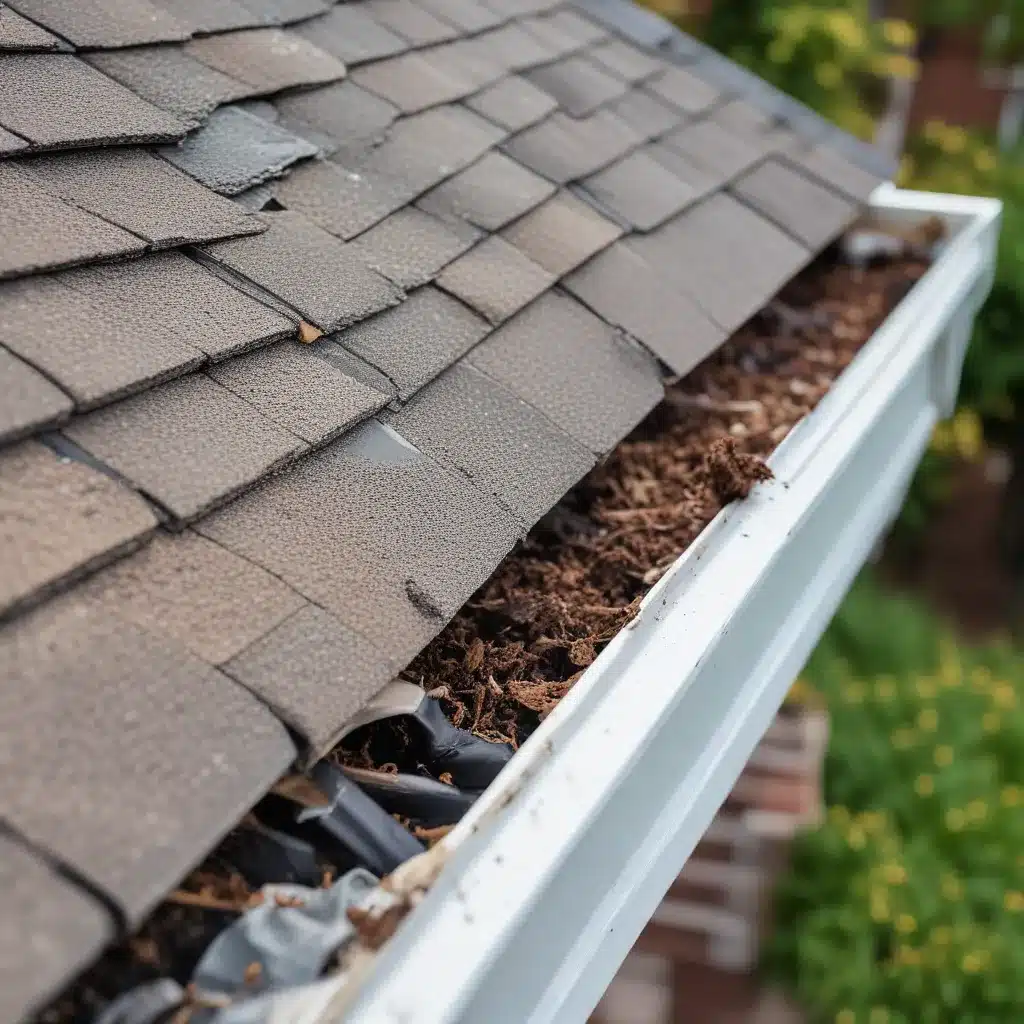
Budgeting for Gutter Replacement: A Comprehensive Approach
As a seasoned roofing professional, I’ve seen firsthand the importance of proactive gutter maintenance and timely replacement. Gutters play a crucial role in protecting your home from water damage, directing rainwater away from the foundation, and preventing costly issues down the line. However, many homeowners struggle to accurately budget for this essential home improvement task.
In this comprehensive guide, I’ll share practical tips and insights to help you allocate funds for a successful gutter replacement project. By understanding the associated costs, planning ahead, and exploring financing options, you can ensure your home remains protected and your investment is well-spent.
Assessing the Cost of Gutter Replacement
The cost of gutter replacement can vary greatly depending on several factors, including the size of your home, the material you choose, and the complexity of the installation. On average, homeowners in Northampton can expect to pay between £500 to £1,500 for a full gutter replacement project.
To get a more accurate estimate, consider the following cost considerations:
Material Cost
– Aluminum gutters: £3 to £5 per linear foot
– Vinyl gutters: £4 to £7 per linear foot
– Copper gutters: £10 to £20 per linear foot
– Stainless steel gutters: £8 to £12 per linear foot
Labor Costs
– Professional installation: £30 to £50 per hour, with an average project taking 8 to 16 hours
Additional Expenses
– Downspout extensions or splash blocks: £50 to £150 per downspout
– Gutter guards or covers: £3 to £8 per linear foot
– Disposal of old gutters: £100 to £300
It’s important to remember that these are just estimates, and the actual cost can vary depending on your specific home and the complexity of the project. To get a more accurate quote, it’s best to consult with a reputable roofing contractor in your area.
Budgeting Strategies for Gutter Replacement
Budgeting for a gutter replacement project requires a strategic approach. Here are some tips to help you allocate funds effectively:
-
Establish a Gutter Replacement Fund: Set aside a portion of your monthly home maintenance budget specifically for gutter replacement. Aim to contribute £50 to £100 per month to build up a dedicated fund over time.
-
Prioritize Gutter Maintenance: Regular gutter cleaning and minor repairs can significantly extend the lifespan of your gutters, potentially delaying the need for a full replacement. Allocate a portion of your maintenance budget to these preventative measures.
-
Explore Financing Options: If a full gutter replacement is needed, consider exploring financing options such as home equity loans, personal loans, or even discussing a payment plan with your roofing contractor. This can help spread the cost over time and make the project more manageable.
-
Research Available Rebates or Tax Credits: Some local governments or utility companies may offer rebates or tax credits for energy-efficient gutter upgrades. Investigating these potential savings can help offset the overall cost of your project.
-
Plan for Unexpected Expenses: It’s always a good idea to set aside an additional 10-20% of your estimated budget for any unforeseen issues that may arise during the installation process.
By implementing these budgeting strategies, you can ensure that you have the necessary funds available when it’s time to replace your home’s gutters, ultimately protecting your investment and maintaining the integrity of your property.
Maximizing the Lifespan of Your New Gutters
Once you’ve invested in a gutter replacement project, it’s essential to maintain them properly to ensure their longevity. Here are some tips to help you get the most out of your new gutters:
-
Regular Gutter Cleaning: Develop a routine of cleaning your gutters at least twice a year, typically in the spring and fall. This will prevent the buildup of leaves, twigs, and other debris that can lead to clogs and water damage.
-
Inspect for Damage: Regularly inspect your gutters for signs of wear and tear, such as cracks, holes, or loose fasteners. Address any issues promptly to avoid more extensive (and costly) repairs down the line.
-
Install Gutter Guards: Consider investing in gutter guards or covers to minimize the amount of debris that accumulates in your gutters, reducing the frequency of manual cleaning.
-
Monitor Downspout Performance: Ensure that your downspouts are properly directing water away from your home’s foundation. Consider adding extensions or splash blocks to direct water further away from the structure.
-
Address Underlying Issues: If you notice persistent problems with your gutters, such as frequent clogs or water leaks, it’s important to investigate the root cause. This may involve addressing issues like poor roof drainage or foundation settlement.
By following these best practices, you can maximize the lifespan of your new gutters and protect your home from water-related damage for years to come.
Conclusion: Prioritizing Gutter Replacement in Your Home Maintenance Budget
Gutters are an essential component of your home’s exterior, playing a crucial role in protecting your property from the damaging effects of water. By allocating the necessary funds for a timely gutter replacement project, you can safeguard your home’s integrity, prevent costly repairs, and enjoy peace of mind knowing that your investment is well-spent.
Remember, a proactive approach to gutter maintenance and replacement can go a long way in preserving the value and longevity of your home. If you have any further questions or need assistance with your gutter replacement project, don’t hesitate to contact the experienced team at Roofers in Northampton. We’re here to help you make informed decisions and ensure your home remains protected.

